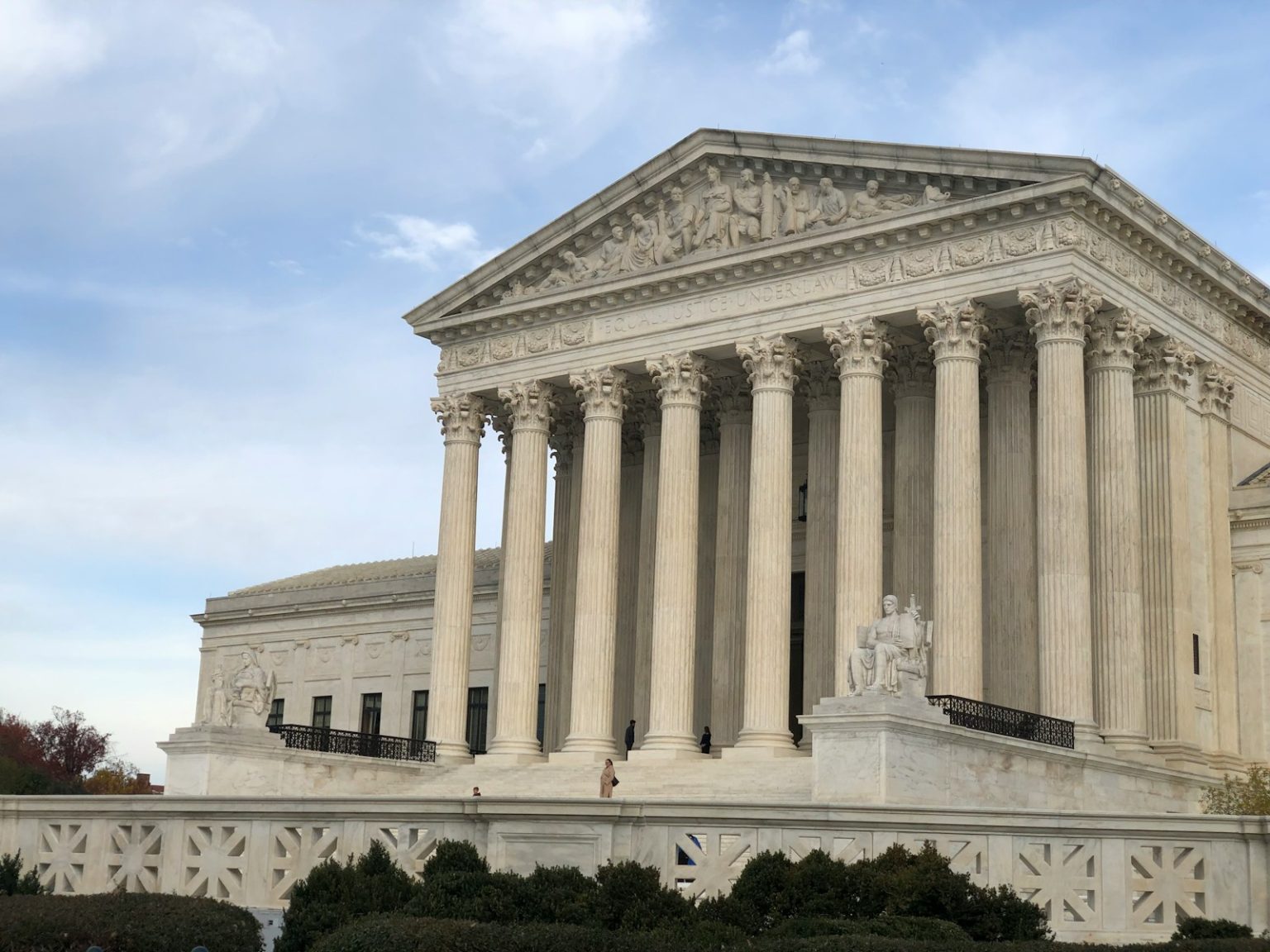A federal appeals court has struck down Maryland’s pioneering tax on digital advertising, ruling that the law violates the Constitution by infringing on companies’ free speech rights. The court determined that provisions preventing tech companies from informing customers about the tax are unconstitutional.
The decision marks a significant setback for Maryland, which had implemented the first-of-its-kind tax in the United States targeting online advertising revenue. The ruling centers specifically on restrictions that prohibited companies from passing the tax cost to advertisers or mentioning the tax in their billing statements.
Constitutional Concerns
According to the federal appeals court, Maryland’s law crossed a constitutional line by restricting what companies could tell their customers about the tax. The court found that preventing businesses from communicating about the tax burden violated First Amendment protections for commercial speech.
The ruling specifically addressed provisions that blocked tech companies from explicitly passing on the tax costs or even mentioning the tax in their transactions with advertisers. These restrictions were deemed an unconstitutional limitation on the companies’ ability to communicate freely with their customers about business matters.
Legal experts note that while states have broad authority to create new taxes, they cannot implement restrictions that limit protected speech about those taxes.
Maryland’s Tax Innovation
Maryland had positioned itself at the forefront of efforts to tax digital platforms when it enacted the digital advertising tax. The state became the first in the nation to specifically target revenue generated from digital advertising displayed to users within state boundaries.
Supporters of the tax argued that Maryland needed to modernize its revenue system to address the growing digital economy. As traditional sources of tax revenue have evolved with changing consumer habits, states have been exploring ways to capture revenue from digital services that now dominate the marketplace.
The tax was designed to apply primarily to large technology companies, with rates ranging from 2.5% to 10% based on global annual gross revenues. Only companies with at least $100 million in global revenue and $1 million in digital advertising revenue from Maryland would have been subject to the tax.
Industry Opposition
Major technology companies and advertising trade groups strongly opposed Maryland’s tax from its inception. Industry representatives argued that the tax was:
- Discriminatory against digital platforms
- Potentially harmful to smaller businesses that advertise online
- Likely to face constitutional challenges
The legal challenge was brought by tech industry groups who claimed the tax not only violated free speech protections but also potentially ran afoul of federal laws prohibiting discriminatory taxes on electronic commerce.
“This ruling affirms that states cannot restrict how businesses communicate with their customers about tax matters,” said a representative from one of the industry groups involved in the lawsuit.
Implications for Other States
The court decision may have far-reaching effects beyond Maryland. Several other states had been monitoring Maryland’s digital advertising tax as a potential model for their own revenue initiatives. States including Connecticut, Massachusetts, and New York had considered similar measures.
Tax policy experts suggest that while the specific speech restrictions were ruled unconstitutional, the broader concept of taxing digital advertising may still be viable if structured differently.
“States will likely revise their approaches based on this ruling,” explained a tax policy analyst familiar with the case. “They may focus on creating digital advertising taxes without the speech restrictions that caused Maryland’s law to fail constitutional scrutiny.”
Maryland officials have not yet announced whether they will appeal the decision or attempt to revise the law to address the constitutional concerns while preserving the underlying tax structure.
The ruling represents another chapter in the ongoing tension between state tax authorities seeking new revenue sources and technology companies resistant to targeted taxation of their business models. As the digital economy continues to grow, this legal battle highlights the challenges governments face in creating tax systems that both generate revenue and withstand constitutional challenges.







